Your Questions!
How do international charities account for their work?
As charities increase in number and influence, there is increased demand from various stakeholders for international NGOs to be held accountable and transparent in relation to their efficiency and impact.
There are a number of ways through which INGOs can account for their work.
1. First, international charities do consistent monitoring and evaluation that results in the publication of regular reports in order to report progress and share impact. Even if a project hasn’t yet been completed, regular reports allow stakeholders to see the progress being made according to the indicators being used.
Regular reports also ensure financial accountability. Stakeholders are able to see if funds are being used in the most efficient and cost effective ways and if the budget is being adhered to.
The frequency of reporting depends on the length of the project. Reports can range from monthly or bi-monthly to quarterly or annually.
2. Secondly, final evaluations are done to show the results of a project. Final evaluations are important for sharing the impact that has been made as well as areas for improvement. Final evaluations generally include stories from beneficiaries, financial accounts, and overall impact.
3. International charities also have policies on transparency and accountability that include audits and monitoring within the organization itself. Financial breakdowns and statements are commonly found on organization websites for the public to view.
Tearfund Canada’s financial report can be viewed here.
4. International charities adhere to recognized international standards and accreditations in order to hold themselves accountable. This ensures that international charities are operating in a consistent manner.
The standards Tearfund Canada adheres to can be viewed here.
5. Often, INGOs will share success stories and case studies from the field with their stakeholders in order to hold themselves accountable. Such stories are important because they often feature testimonials from beneficiaries.
6. Finally, one of the most important ways to hold INGOs accountable for their work is through donor visits to see projects and interact with beneficiaries. Stakeholders are able to see and experience first-hand the work that is being done by an organization.






